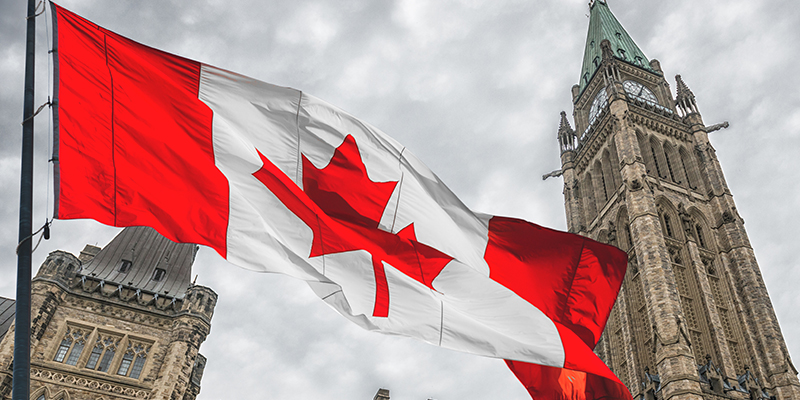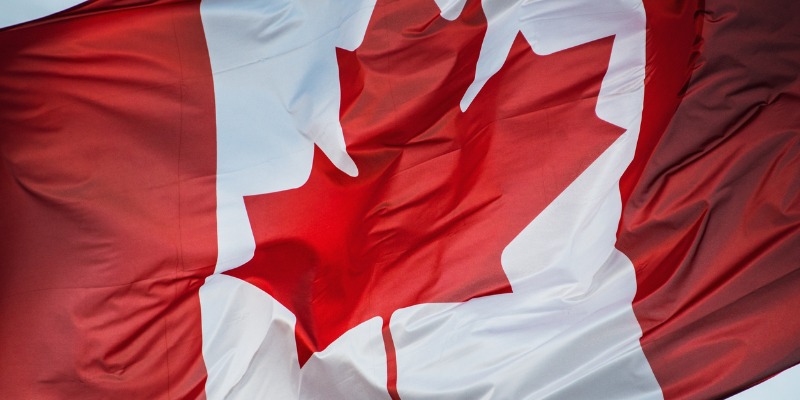Because of its own failures to responsibly manage the nation’s finances, Canada is in a weak fiscal position to increase defence spending.
NATO
For Ottawa to meet the target and maintain it through 2026/27, it must increase defence spending by $57.1 billion.
The federal government wants Canada’s military to cut $1 billion from its budget.
After recording eight consecutive budget deficits, the Trudeau government plans to run at least five more.
Canada’s defence spending has been below 2 per cent of GDP since 1989.
As Russian military assets continue to pick apart Ukraine, we should be thankful the transatlantic community didn’t cash in its Cold War-era insurance policy.
"If North Korea would be ready to attack the United States," Prime Minister Stephen Harper said in 2006, "that would be a risk for Canada's national security as well not only because of our common values, but because of our geographical proximity." Much has happened in the intervening years apparently enough, if media reports are accurate, to force Canada to revisit its noncommittal position on missile defence. The case for participating in missile defence can be boiled down to four words: threats, technology, allies and cost.
Reports that Ottawa and Washington have resumed their delicate missile-defense discussions suggest that Canada may be ready to join the global missile-defense coalition. If so, it would be a welcome development.
The operative word here is 'global.' The missile shield now taking shape is a truly international missile defense (IMD) enfolding some of Canada's closest allies and oldest friends.





